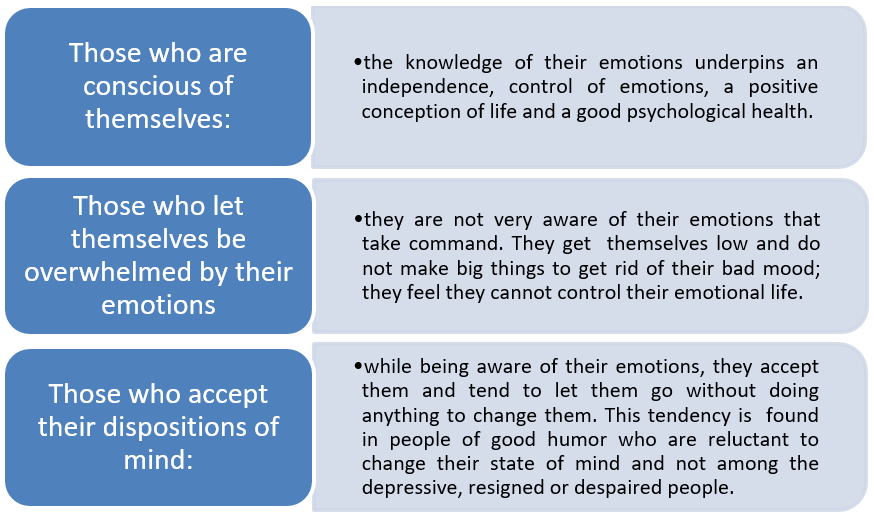Who hasn’t heard of emotional intelligence?There are many publications on the subject, but who can define it accurately or talk about the benefits it can bring us?
Despite all the material available about this type of intelligence, it seems that it is not yet very clear, so I will try to answer some questions in a pleasant way and, above all, it will be useful in your daily life.
- “It is very important to understand that emotional intelligence is not the opposite of intelligence.
- It is not the triumph of the heart over the head.
- It is the intersection between the two.
- ” – David Caruso-.
To start talking about emotional intelligence is important to emphasize certain aspects, the first interesting idea I want to emphasize is that our level of emotional intelligence is not stable throughout our lives, so the good news is that you can train and develop your emotional intelligence. Intelligence.
On the other hand, if we call it “emotional” it is because there are other types of intelligence, this does not mean that one is better than the other, but that they complement each other and that they have to be taken into account. to achieve ideal development.
But what is emotional intelligence? Salovey and Mayer (1990) defined emotional intelligence as follows:?The ability to accurately perceive, evaluate and express emotions; access and/or generate feelings through thought; to understand emotions and emotional knowledge and regulate emotions to promote emotional and intellectual growth. “
What does that mean? This emotional intelligence includes four skills:
1- Perceive emotions accurately: includes the skills involved in identifying feelings through stimuli, such as voice or facial expression, for example, the person with this ability identifies variation and change in the emotional state of the other person.
2- Using emotions to facilitate thinking and reasoning, is the opposite of the classic idea that reason and emotion cannot coexist, in reality our thinking can improve if we value emotional information in the process.
3- Understanding emotions: knowing your name, knowing how to identify, differentiate and understand the relationships that exist between them, is the ability to capture emotional variations that are not always obvious.
4- Control and transform both your own emotions and those of others, without suppressing or suppressing negative emotions, because if we do, they can become chronic and severely limit our daily life, it is the ability to manage your feelings.
As we can see, each characteristic is based on the previous one, that is, in order for emotions to facilitate reasoning it is necessary to perceive them correctly, in the same way they must first be used and correctly identified, finally, in order to be able to properly control emotions, it is necessary to develop their understanding, use and perception.
Based on everything we’ve said about emotional intelligence, it seems obvious that having the ability to relate to emotions will be of great help to us, emotionally intelligent people have shown better professional and academic performance, plus social relationships are more satisfying and of better quality.
“Good-humoured people are better at inductive reasoning and creative problem solving. -Peter Salovey-
In addition to the professional and social benefits, it also positively influences our health. Having adequate emotional intelligence will help us prevent various psychological disorders, such as depression and anxiety. For example, people who pay too much attention to emotions, without having the ability to control them, have been shown to have higher levels of negative emotions.
According to this reasoning, being emotionally intelligent is a protective factor for the development of psychosomatic disorders, these diseases are physical diseases whose origin and development are influenced by psychological factors, such as cold sores that attacks some people in times of stress. include heart disease, cancer or diabetes, among others.
Certainly, high levels of emotional intelligence will help us to effectively regulate negative emotions, this means that the psychological discomfort present at the beginning and evolution of these physical problems will be reduced, in this way we will be more effective in the use of resources. we have to deal with the disease and we will have greater adherence to treatment even if its effects are not immediate.

